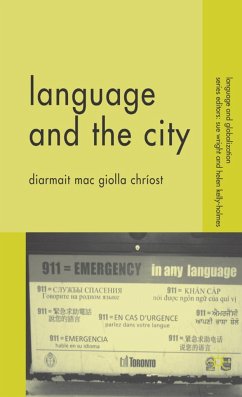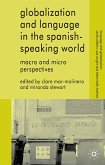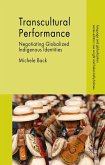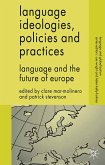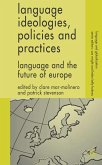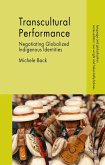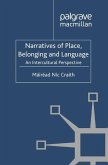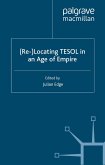This book shows how the contemporary form of globalization has certain effects on language in social context and identifies the city as the most important site for the realization of these effects.
This book shows the effects of globalization on language in social context, identifying the city as the key site for the realization of these effects. It challenges assumptions that hold sustainable linguistic diversity to be inherently non-urban while regarding the city as an unproblematic site for understanding the social function of language.
This book shows the effects of globalization on language in social context, identifying the city as the key site for the realization of these effects. It challenges assumptions that hold sustainable linguistic diversity to be inherently non-urban while regarding the city as an unproblematic site for understanding the social function of language.
'A fascinating book...which will stimulate any reader interested in contemporary urban life.' - Huw Thomas, International Planning Studies
'Mac Giolla Chríost writes with scholarly confidence...this book poses important questions for a greater understanding of the relationship between the city, language and linguistic diversity.' - Robert Blackwood, Language Policy
'Mac Giolla Chríost writes with scholarly confidence...this book poses important questions for a greater understanding of the relationship between the city, language and linguistic diversity.' - Robert Blackwood, Language Policy

